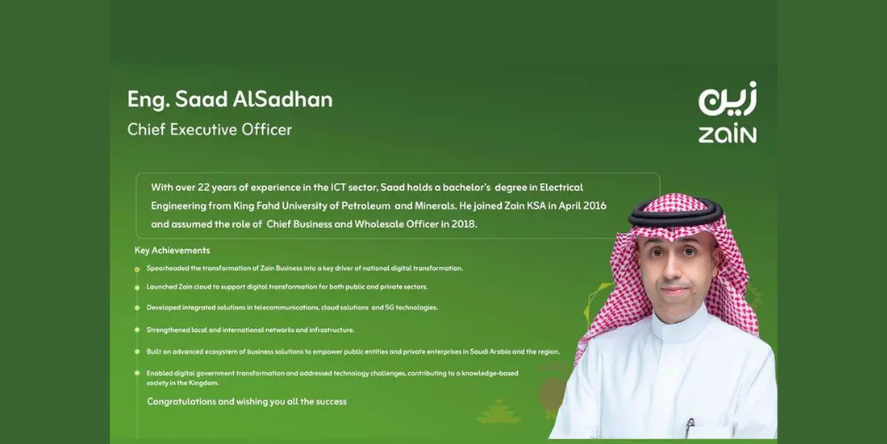Sensors have become the core enabling component of numerous innovative technologies. As a key part of the electronics revolution, sensors have been an omnipresent technology with wide adoption at different levels in various industries. In recent times, developments in computational capabilities and micro-/nano-level chip design have given rise to advanced smart sensors and added a new level of sophistication and efficiency to sensor-based systems.

Smart sensors are advanced devices that receive sensory input from the environment and autonomously perform counter tasks using internal computing power. Conventional smart sensors include a sensing element, a MEMS-based computing system, localized storage capabilities, a power source, and an input/output communication interface. Smart sensors provide key benefits in terms of lowering latency through in-built processing, reducing costs and the need for external equipment, and improving data monitoring efficiency. These capabilities allow smart sensors to be deployed in remote locations and extreme environments (with ruggedized casings).
With several advantages in the offering smart sensors have immense application potential in consumer electronics, fast-moving consumer goods (FMCG), healthcare, automotive, defense, energy, aerospace, agriculture, manufacturing, telecom, and logistics sectors. Numerous companies and research institutions are researching on developing low-cost and innovative smart sensor solutions and the advent of artificial intelligence (AI) and Internet of things (IoT) have further accelerated R&D activities. Key R&D focus areas include AI sensor integration, biodegradable sensors, wearable/implantable sensors, quantum sensors, sensor fusion, nanoscale sensing, and battery-less sensors.
Growing market demand, increase in funding, and R&D focus are poised to drive smart sensor applications in numerous industries. Prominent companies in the smart sensors market include STMicroelectronics, Sony Corporation, Honeywell International, NXP Semiconductor, Microchip Technology, ON Semiconductor, OMRON Corporation, and HP Inc.
Demand for smart sensors is expected to rise due to the global shift towards the adoption of sensor-dependent transformation including smart cities, industrial automation, autonomous mobility, and sustainable manufacturing. Recent corporate activities including the acquisition of IPVideo by Motorola Solutions (2023) and the acquisition of Smartsensor Technologies by Taoglass (2021) indicate that businesses have focused on economical industrial automation solutions. Further, expansion in smart sensor adoption will be driven by strong tailwinds due to enabling technologies such as 6G communication standards, AI/machine learning (ML) algorithms, quantum computing, and advanced robotics. Smart sensors will enable scalable autonomous technological transformation across industries.
Global trends such as increasing labor shortages in developed countries, weak macroeconomic outlook, and rising climate change concerns are expected to further accelerate smart sensor applications.
Roadmap for Global Adoption of Smart Sensors:
The way ahead for smart sensor adoption lies in three stages,
- Enabling Technology Integration: Generative/adaptive AI and advanced ML models are poised to boost the adoption of edge computing and data processing localization. Large fleets of intelligent sensors with pre-trained models will be adopted in smart cities for a wide range of applications including, traffic monitoring and control, drainage systems management, safety and crime prevention, weather, and air quality monitoring. Smart factories will also employ AI-integrated smart sensors throughout the manufacturing pipeline including, quality control, predictive equipment maintenance, and surveillance operations.
- Large Sensor Data Utilization: In a data-driven world, large volumes of sensor data made available through individual storage systems of smart sensor units will enable the development of advanced ML models for improved prediction accuracy. This will significantly boost the efficiency of AI-based systems in major industries including energy and agriculture. Large sensor fleets are expected to be employed as part of IoT networks to monitor crop behavior and climate changes, ground analysis and the data will be leveraged for efficient decision-making.
- Miniaturization and Multi-Sensing: Advancements in software-defined sensors, wherein sensory measurements are leveraged to compute new parameters in combination with miniaturized chip design will enable large-scale manufacturing of low-cost sensors. Sensors with multi-sensing capabilities will be employed in the automotive and FMCG sectors. The growth of autonomous vehicles and the adoption of advanced driver assistance systems (ADAS) are poised to boost sensor systems in the automotive industry.
Conclusion:
Smart sensors provide immense growth opportunities for businesses and governments with numerous application areas. Improved accuracy, high-speed operation, real-time monitoring, and improved sensing range will lower costs and increase efficiency for users. New business models including sensing-as-a-service, data analytics, remote operations, and freemium models can be explored by emerging companies. Academic institutions can collaborate with start-ups to develop customized smart sensor solutions to address real-world challenges. Finally, companies must invest in integrated transformation of operations enabled by smart sensor-based systems to boost efficiency and gain a competitive edge in a world that is becoming increasingly automated.
Blog Received on Mail





















